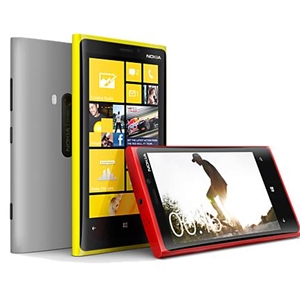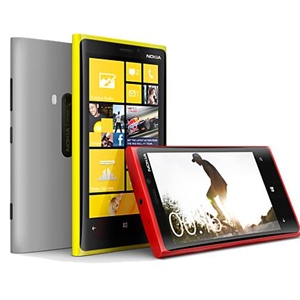
Nokia increases its negotiating power through HTC patent agreement
February 18, 2014 2:05 pm Leave your thoughts
Major technology businesses continue to leverage their patent portfolios with one another. Whether it be through a long-term cross patent partnership or one-time settlement, any of these agreements can provide insight on the future of the industry's innovations.
Nokia, a company that has lost a large amount of its presence within the smartphone industry recently agreed to end its legal battle with HTC through a "technology collaboration agreement," the Verge reported. This will allow HTC to continue to expand on its LTE patent portfolio by utilizing some of the patents Nokia held.
These two companies have been disputing over allegedly violating 45 of Nokia's patents on radios, power management, antennas. A significant portion of these intellectual assets involved Nokia's software in email, data encryption, multitasking, navigation, app stores and dynamic menus. It is unclear exactly how much HTC agreed to pay, but according to Forbes Magazine contributor Trefis Team the funds will be given in the form of licensing royalties.
"The royalty rate that the companies agreed upon is tough to gauge, but given that HTC's fortunes in the smartphone market have declined rapidly over the last couple of years, it is unlikely that the deal will move the needle on Nokia's earnings by much," Team wrote.
This is not the first time Nokia has taken its vast patent portfolio to challenge others. Actually, Apple and Samsung, businesses that are constantly in court for one another's intellectual property have had their own rifts with Nokia. Samsung specifically had a patent licensing contract that expired in 2013 while Apple had to pay a one-time settlement of 340 EUROS (convert). Based on these legal victories among these competitors, Team expects that Microsoft will greatly benefit from Nokia's negotiating power.
For example, Nokia's patents on 3G and 4G technology is something that could be extremely valuable to Microsoft because the tech company is looking to get its feet into the smartphone business as of late. Although both parties have already began partnering with one another with the release of the first Windows cell phone or Nokia Lumia devices, this merger has the potential to cause more competition within the smartphone industry.
While Nokia's buying power may appear minimal because its smaller market share, this doesn't mean that the business does not have the tools to challenge alleged infringers. Startups that have their own collection of unique patents and trade secrets should keep those close to them at all times—working with a Phoenix business attorney can nurture legal arguments in the near future.
Categorised in: Intellectual Property Law
This post was written by





